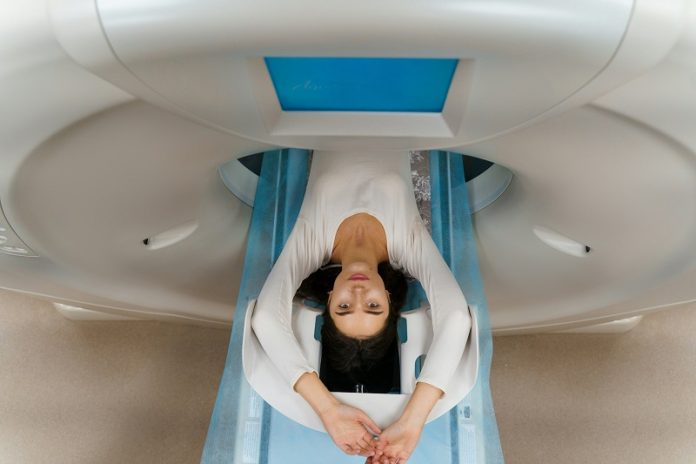
Radiation therapy is a common treatment for cancer. It uses high-energy rays to kill cancer cells or stop them from growing. While it can be very effective, it also comes with side effects. These effects happen because radiation can damage healthy cells near the cancer, not just the cancer cells.
The side effects someone experiences depend on many things, including the part of the body being treated, how much radiation is given, and how long the treatment lasts. Some side effects happen right away, while others may appear weeks or months later.
One of the most common side effects is tiredness. Many people feel very tired during radiation treatment and for some time after it ends. This kind of fatigue doesn’t always go away with rest and can last for weeks. Researchers believe this happens because the body is working hard to repair the healthy cells affected by radiation.
Another common issue is skin changes. The skin in the treated area might become red, dry, itchy, or even peel—similar to a sunburn. In some cases, it may darken or feel sore. These skin problems usually go away a few weeks after treatment ends, but it’s important to keep the skin clean and avoid harsh products.
People may also experience problems related to the specific area being treated. For example, radiation to the head or neck may cause a sore throat, dry mouth, or trouble swallowing. If the treatment is for breast cancer, the breast may swell or feel tender.
Radiation to the abdomen may lead to nausea, vomiting, or diarrhea. When the pelvic area is treated, patients might have bladder or bowel issues, or sexual side effects.
Long-term side effects can happen, but they are less common. Some people develop scar tissue, stiffness, or weakness in the treated area. There may also be a small risk of developing a second cancer years after radiation therapy, but this is rare and usually outweighed by the benefits of the treatment.
Recovery from radiation therapy takes time. Most short-term side effects improve within a few weeks after treatment ends. However, some people may feel tired or weak for months. Doctors often recommend light physical activity, rest, and a balanced diet to help the body recover. Staying hydrated and avoiding smoking or alcohol can also support healing.
Research published in the Journal of Clinical Oncology shows that people who receive good supportive care—such as help managing symptoms, emotional support, and follow-up visits—tend to recover faster and feel better overall.
Another study from the American Cancer Society highlights the importance of communication between patients and doctors. Telling your healthcare team about any symptoms, even mild ones, can help them provide the right treatment and improve your quality of life.
In summary, radiation therapy is a powerful tool against cancer, but it can cause a range of side effects. Understanding what to expect can help patients prepare for treatment and focus on recovery. With time, care, and support, most people feel better and return to their usual activities.
For more information about cancer, please see recent studies that plant-based diets may reduce risk of colorectal cancer in men, and Low-fat diet may help stop cancer growth.
For more information about cancer, please see recent studies about How to harness the power of anti-cancer foods and supplements and results showing that Empower your plate: cancer-fighting foods and recipes.
Copyright © 2025 Knowridge Science Report. All rights reserved.



